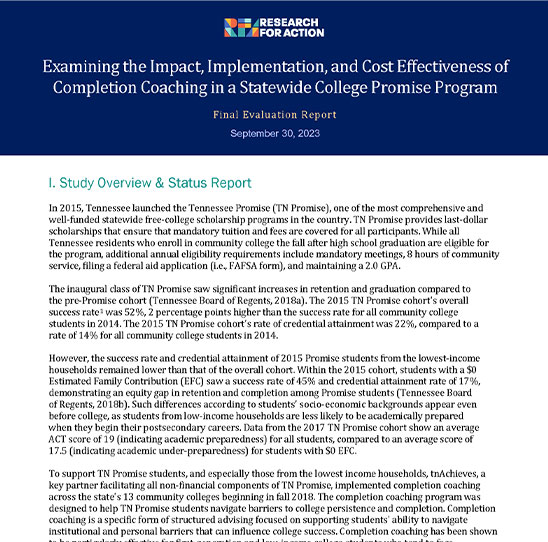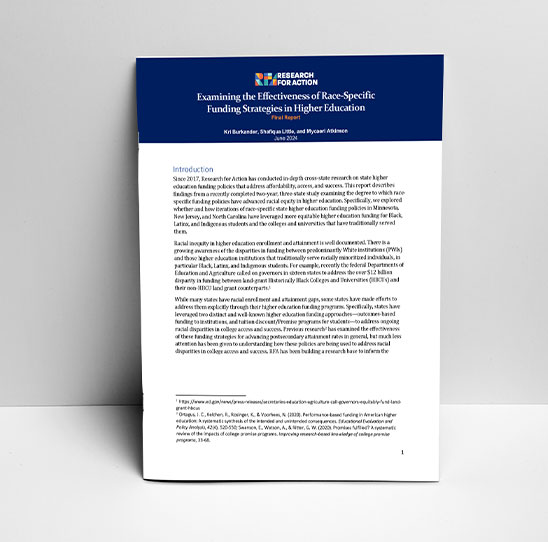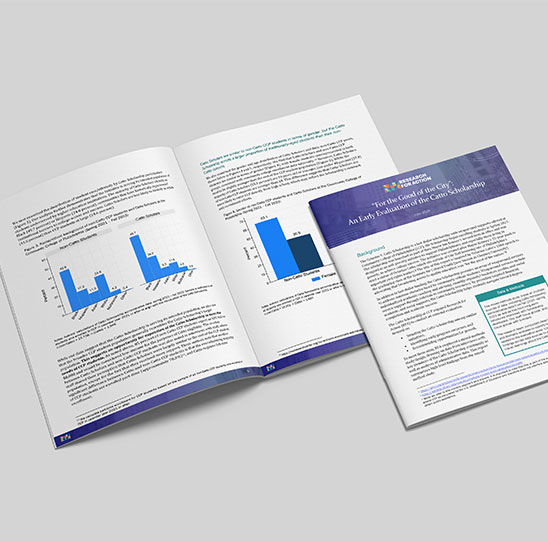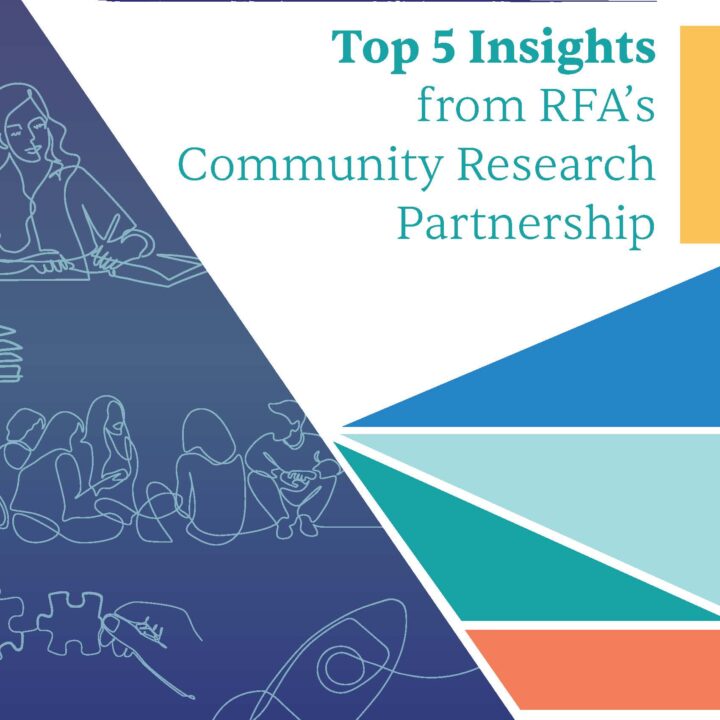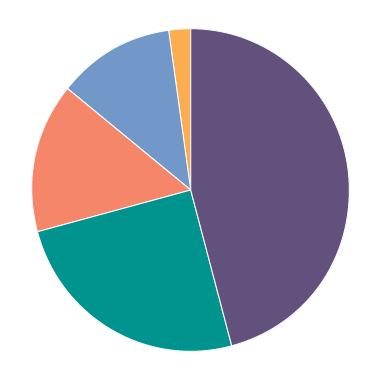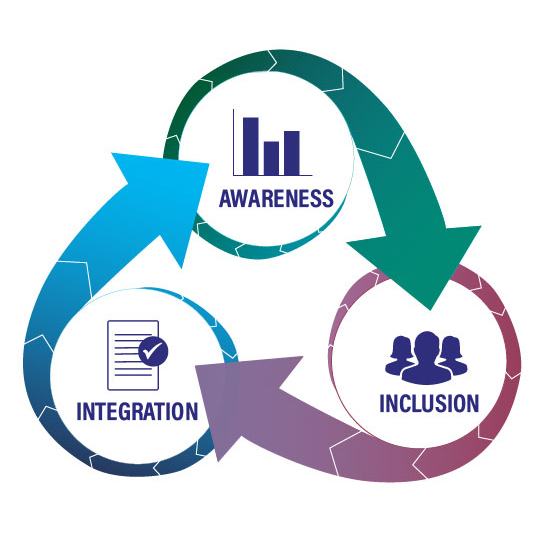This study examines the effectiveness, implementation, and cost-efficiency of tnAchieves’ completion coaching program, which is designed to support Tennessee Promise students from low-income backgrounds. This program offers proactive coaching, which involves frequent, personalized contact initiated by coaches to aid students in navigating – and ultimately completing – their postsecondary journey.
In collaboration with tnAchieves, our research spanned three years and used mixed methods to assess the impact of completion coaching on students’ outcomes over two to three years of college. Four key components structured our investigation:
- an impact study gauging the effects of proactive coaching on student persistence, degree/certificate completion, and transfer rates;
- an implementation study drawing insights from coaching logs and coach interviews;
- an exploratory study examining variations in outcomes based on student-coach engagement; and
- a cost analysis to evaluate program efficiency.
Our findings revealed nuanced insights. While the intent-to-treat analysis showed limited impact on student outcomes, particularly on associate degree completion, amid the challenges exacerbated by the COVID-19 pandemic, proactive coaching demonstrated a positive influence on combined completion measures. However, the shift to virtual interactions during the pandemic, with text messages predominating, disrupted student-coach engagement, especially for those with minimal pre-pandemic contact. This led to diminished impact, as students lost Promise eligibility or dropped enrollment, hindering their access to coaching services.
Our exploratory analysis underscored the significance of student-coach engagement, indicating that students who interacted with coaches at least three times exhibited greater success across outcome measures. Despite these unique challenges, our cost analysis suggests that proactive coaching presents a promising and cost-effective strategy to bolster student success in community colleges.
Our study contributes valuable insights to the field of college coaching and Promise programs, shedding light on the effectiveness of such programs in supporting students from low-income backgrounds. While proactive coaching holds promise, its efficacy hinges on sustained engagement between students and coaches. Our findings align with recent research in the COVID-19 context, emphasizing the need for ongoing evaluation to refine coaching strategies and better support students on their path to postsecondary completion.
In conclusion, while our study provides critical evidence on the potential of proactive coaching, further research is warranted to comprehensively understand its impact and optimize its implementation, ensuring equitable access to postsecondary success for all students.
